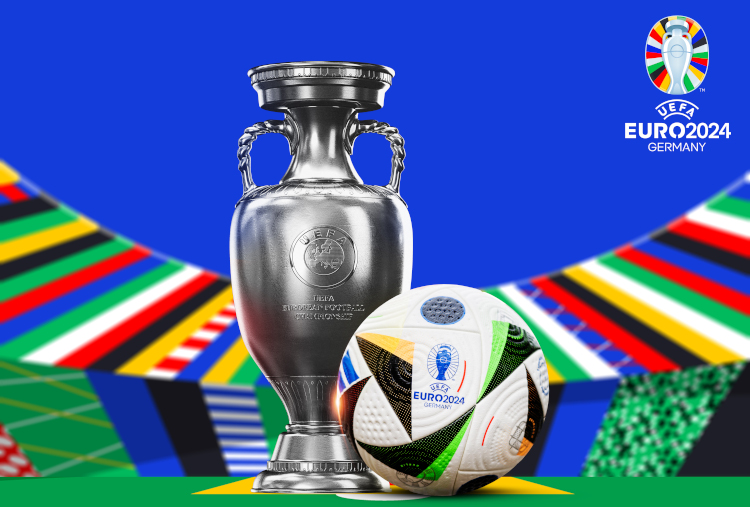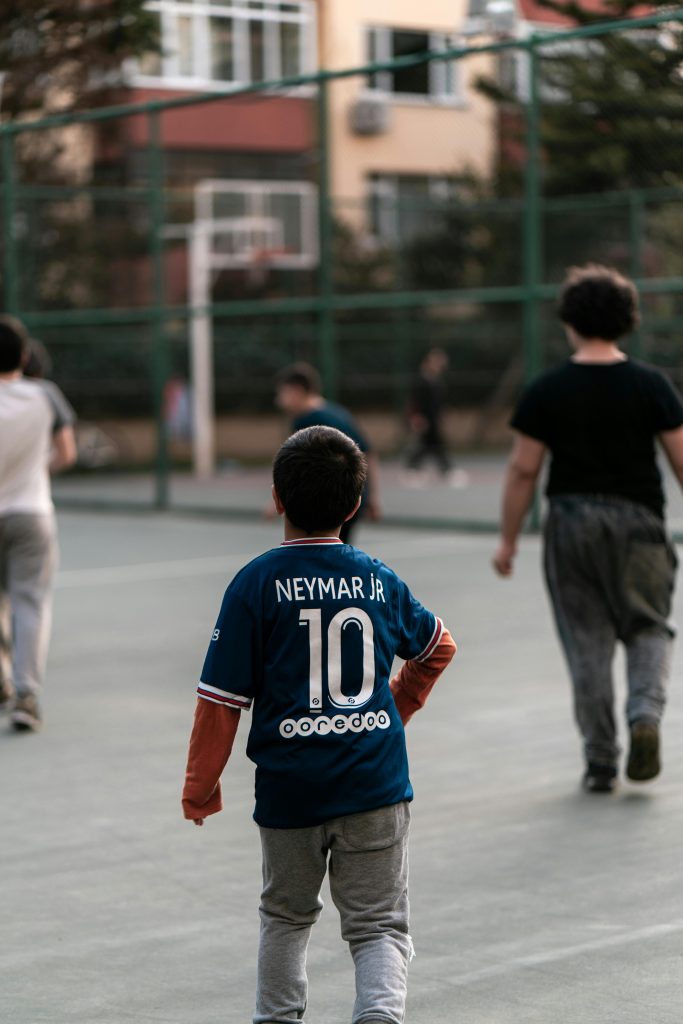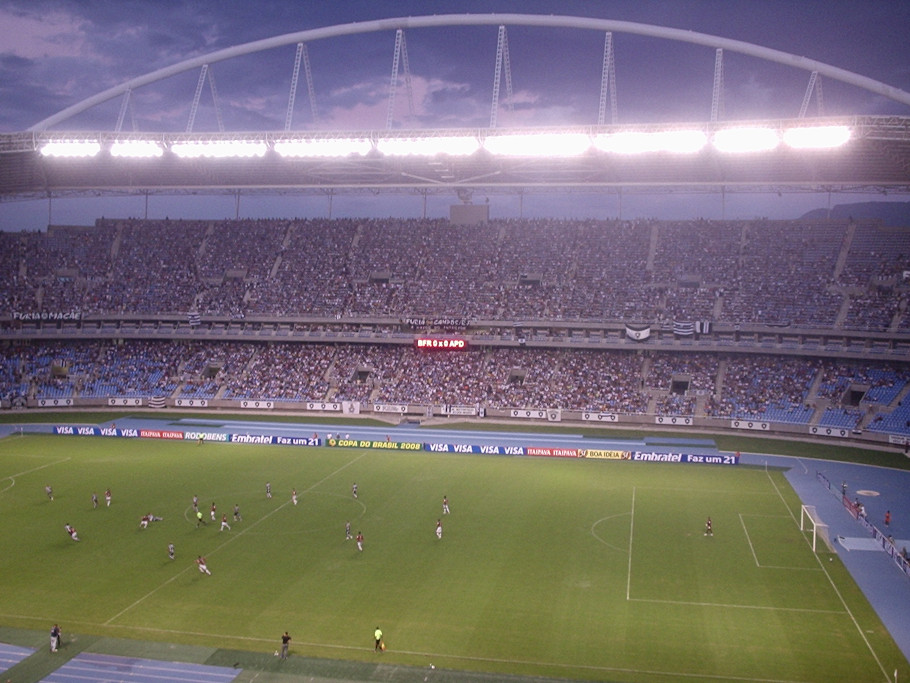The UEFA European Championship, commonly known as the Euros, is a premier international football competition contested by the national teams of Europe. Since its inception in 1960, the Euros have evolved significantly, growing in prestige and scale. The finals of this tournament have provided football fans with some of the most thrilling and historic moments in the sport’s history. This article delves into the history of the Euro finals, highlighting key tournaments, memorable matches, and legendary players who have graced the competition.
1960-1968: The Beginnings
The first European Nations’ Cup, as it was initially called, took place in 1960. The final was held in Paris, where the Soviet Union faced Yugoslavia. The match ended in a 2-1 victory for the Soviet Union after extra time, with Viktor Ponedelnik scoring the decisive goal. This inaugural tournament set the stage for what would become a major fixture in international football.
In 1964, Spain hosted the tournament and also claimed their first title by defeating the Soviet Union 2-1 in the final in Madrid. The 1968 championship saw Italy hosting and winning their first title. The final against Yugoslavia ended 1-1, and in the replay, Italy triumphed 2-0, becoming the only nation to win a Euro final via replay.
1972-1980: Rise of the Powerhouses
The 1972 European Championship saw West Germany establish themselves as a dominant force. In the final held in Brussels, they defeated the Soviet Union 3-0, with Gerd Müller scoring twice. This victory marked the beginning of a golden era for German football.
The 1976 final in Belgrade was remarkable for its dramatic conclusion. Czechoslovakia faced West Germany, and the match ended 2-2 after extra time. The final was decided by a penalty shootout, which Czechoslovakia won 5-3, with Antonín Panenka famously chipping the decisive penalty, a technique now known as the “Panenka.”
In 1980, the tournament expanded to an eight-team format. West Germany won their second title by defeating Belgium 2-1 in the final in Rome, with Horst Hrubesch scoring both goals.
1984-1992: Individual Brilliance and Underdog Triumphs
The 1984 European Championship in France showcased the brilliance of Michel Platini. The French midfielder scored nine goals during the tournament, including the winning goal in the 2-0 final victory over Spain in Paris. Platini’s performance remains one of the most outstanding in Euro history.
In 1988, the Netherlands claimed their first major international title by defeating the Soviet Union 2-0 in Munich. Marco van Basten’s stunning volley, one of the most iconic goals in football history, sealed the victory and highlighted the Dutch team’s technical prowess.
The 1992 tournament in Sweden was notable for Denmark’s unexpected triumph. Initially not qualified, Denmark was invited to participate following Yugoslavia’s disqualification. The Danes capitalized on their opportunity, defeating Germany 2-0 in the final to achieve one of the greatest underdog victories in football history.
1996-2004: Expansion and Tactical Evolution
The 1996 European Championship in England marked the expansion to a 16-team format. Germany won their third title by defeating the Czech Republic 2-1 in the final at Wembley, with Oliver Bierhoff scoring the winning goal in extra time via the golden goal rule, a first in Euro finals history.
The 2000 tournament, co-hosted by Belgium and the Netherlands, ended in dramatic fashion. France defeated Italy 2-1 in the final in Rotterdam, with David Trezeguet scoring the golden goal in extra time, adding to France’s World Cup triumph in 1998.
In 2004, Greece’s victory in Portugal was one of the biggest surprises in the history of the tournament. Greece, under Otto Rehhagel’s disciplined management, defeated the hosts 1-0 in the final with a goal from Angelos Charisteas, demonstrating the effectiveness of tactical organization and team cohesion.
2008-2016: Dominance and Diversity
The 2008 European Championship in Austria and Switzerland saw Spain’s resurgence as a footballing powerhouse. Spain’s 1-0 victory over Germany in the final in Vienna, with Fernando Torres scoring the decisive goal, marked the beginning of their dominance in international football, which continued with their World Cup win in 2010 and another Euro title in 2012.
The 2012 tournament in Poland and Ukraine featured Spain’s emphatic 4-0 victory over Italy in the final, showcasing their tiki-taka style of play and solidifying their legacy as one of the greatest teams in football history.
The 2016 European Championship in France introduced a 24-team format, reflecting the growing inclusivity and competitiveness of the tournament. Portugal emerged victorious, winning their first major title by defeating France 1-0 in the final in extra time. Eder’s long-range strike secured the win, highlighting Portugal’s resilience and tactical adaptability.
2021-Present: Modern Era and Continued Excellence
The 2020 European Championship, postponed to 2021 due to the COVID-19 pandemic, was unique in being hosted across multiple cities in Europe. Italy won their second title by defeating England in a dramatic penalty shootout at Wembley after the match ended 1-1 in regular time. Gianluigi Donnarumma’s heroics in the shootout earned him the Player of the Tournament award and underscored the crucial role of goalkeepers in determining the outcome of high-stakes finals.
The Euros continue to be a showcase of the best football talent in Europe, evolving with the times and adapting to changes in the sport. The expansion of teams and the introduction of new formats have made the tournament more inclusive and competitive, ensuring its place as one of the premier international football competitions.
Conclusion
The history of the UEFA European Championship finals is a rich tapestry of football excellence, dramatic moments, and memorable matches. From the early triumphs of the Soviet Union and Italy to the modern dominance of Spain and the tactical masterclass of teams like Greece and Portugal, the Euro finals have provided football fans with some of the most iconic moments in the sport’s history. As the tournament continues to evolve, it promises to deliver even more excitement, showcasing the best of European football and the enduring appeal of the beautiful game.
- Neymar’s Return to Santos FC - January 29, 2025
- Manchester United and Manchester City: Challenges in the 2024-2025 Premier League Season - January 5, 2025
- Manchester City: The Downfall of a Modern Football Powerhouse - December 16, 2024



